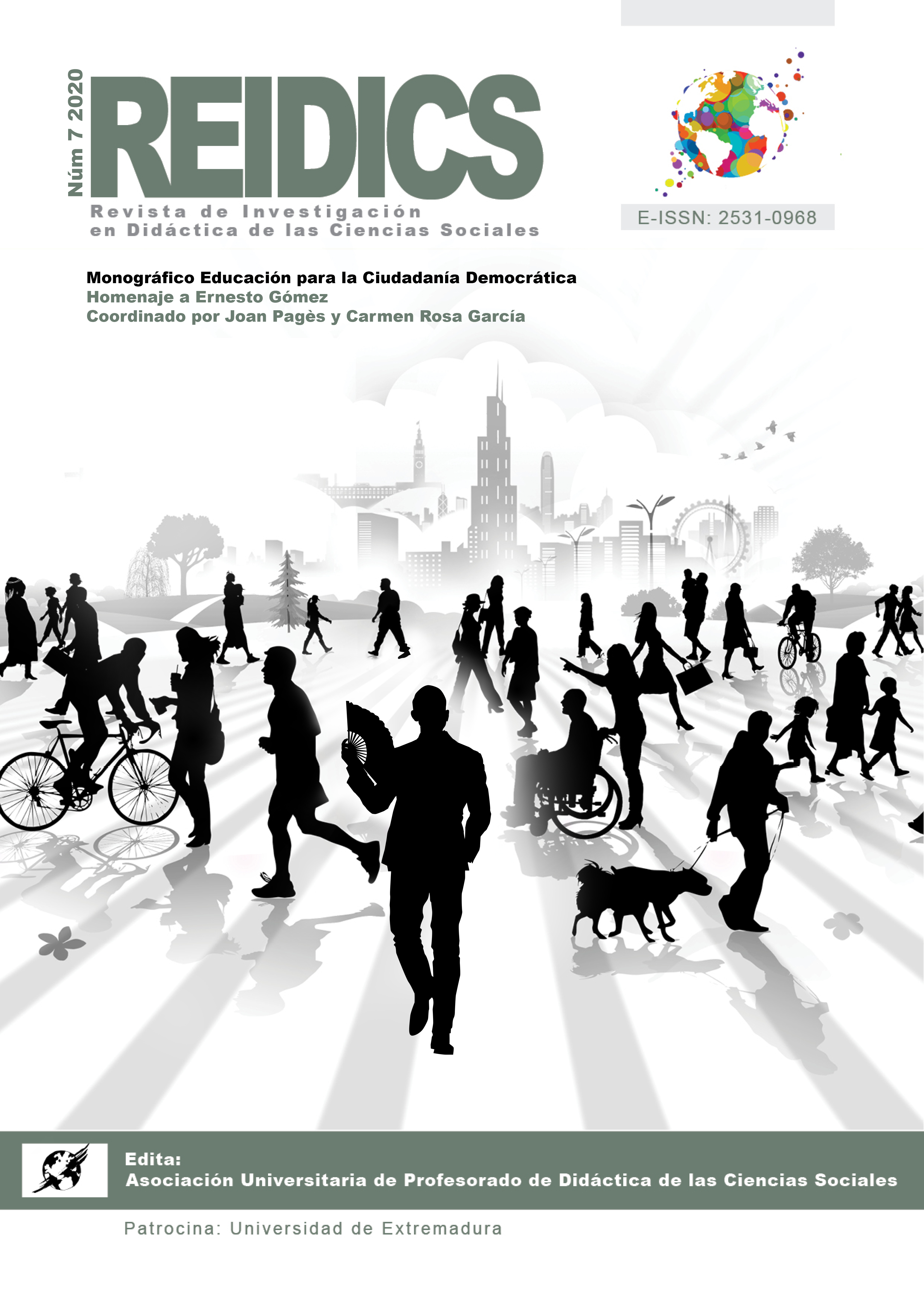Teaching Social Sciences in Brazil today
DOI:
https://doi.org/10.17398/2531-0968.07.207Keywords:
Brazil, educational politics, democracy, social sciences, citizen educationAbstract
In a recent period Brazil has been going through a deep political crisis, the most emblematic moment of which was the impeachment of President Dilma Rousseff in 2016. Two years later, Jair Bolsonaro was elected President of the Republic, with a political platform based on combating violence and corruption, and on a moral agenda that includes combating “gender ideology” and “cultural Marxism”. In this context, the social sciences come to be strongly attacked in the public sphere, by spreading the idea that teachers are “ideologically indoctrinating” students in the classroom. In this article I analyze the challenges for teaching social sciences in Brazil today in this political scenario. Methodologically the article focuses on documentary and bibliographic analysis. I carried out a bibliographic review with the most recent publications on the current political situation in Brazil, as well as examined statements by the president of the republic and the two ministers of education that there was in his government on the social sciences. There was a scenario of political inflection, marked by an attack on the social sciences in the public sphere, with a focus on school subjects. Despite the data pointing to a challenging scenario for social science teachers, I argue that it is precisely in these contexts that these sciences are most necessary, considering their role in the formation for the citizenship and the commitment to a democratic project for society.
Downloads
Published
Issue
Section
License
Aquellos autores/as que tengan publicaciones con esta revista, aceptan los términos siguientes:
- Los autores/as conservarán sus derechos de autoría y garantizarán a la revista el derecho de primera publicación de su obra, el cual estará simultáneamente sujeto a la Licencia de reconocimiento de Creative Commons 4.0 BY-NC-SA que permite a terceros compartir la obra siempre que se indique su autor y su primera publicación en esta revista.
- Los autores/as podrán adoptar otros acuerdos de licencia no exclusiva de distribución de la versión de la obra publicada (p. ej.: depositarla en un archivo telemático institucional o publicarla en un volumen monográfico) siempre que se indique la publicación inicial en esta revista.
- Se permite y recomienda a los autores/as difundir su obra a través de Internet (p. ej.: en archivos telemáticos institucionales o en su página web) antes y durante el proceso de envío, lo cual puede producir intercambios interesantes y aumentar las citas de la obra publicada. (Véase El efecto del acceso abierto).
- Los autores y autoras han respetado la política de autoría de esta revista.







